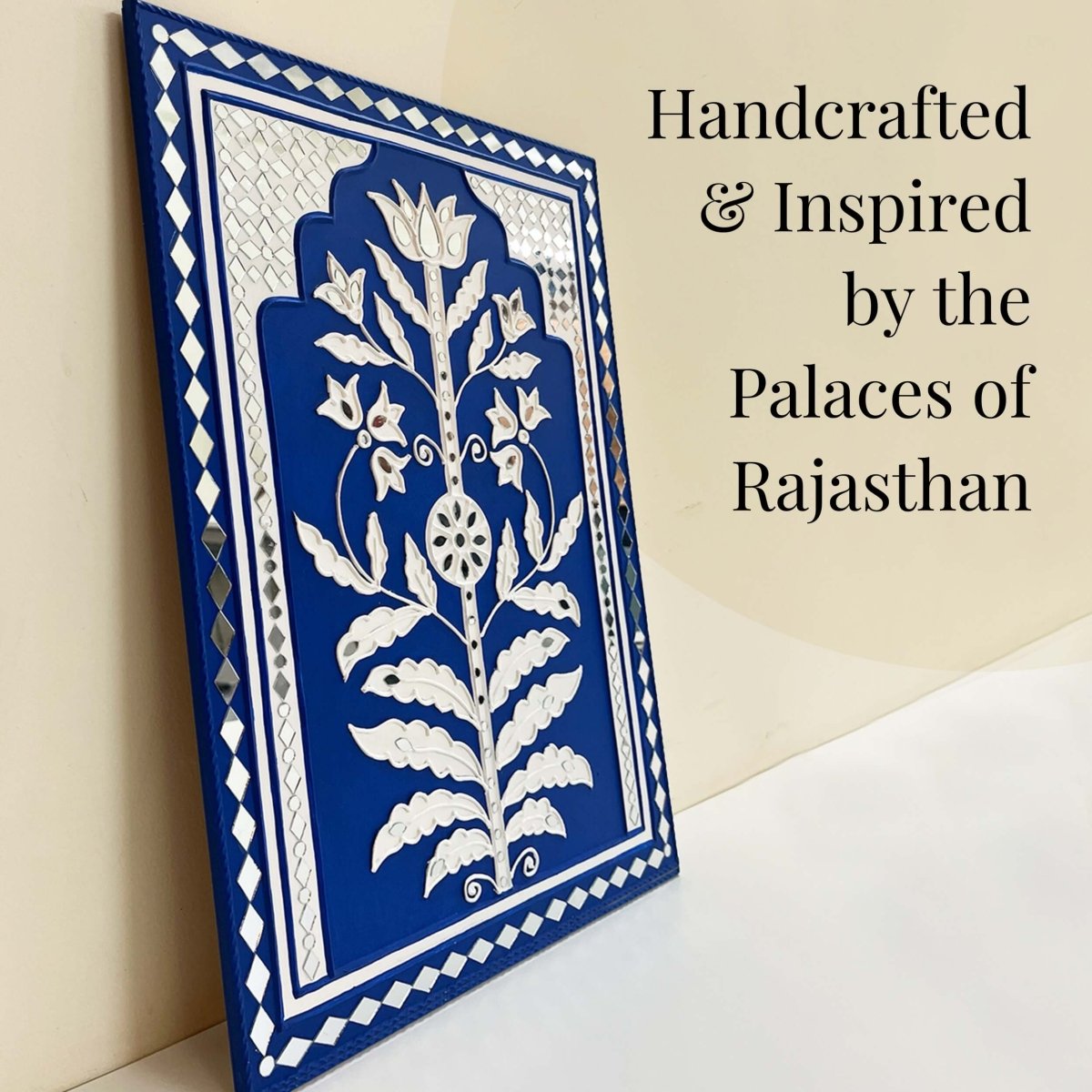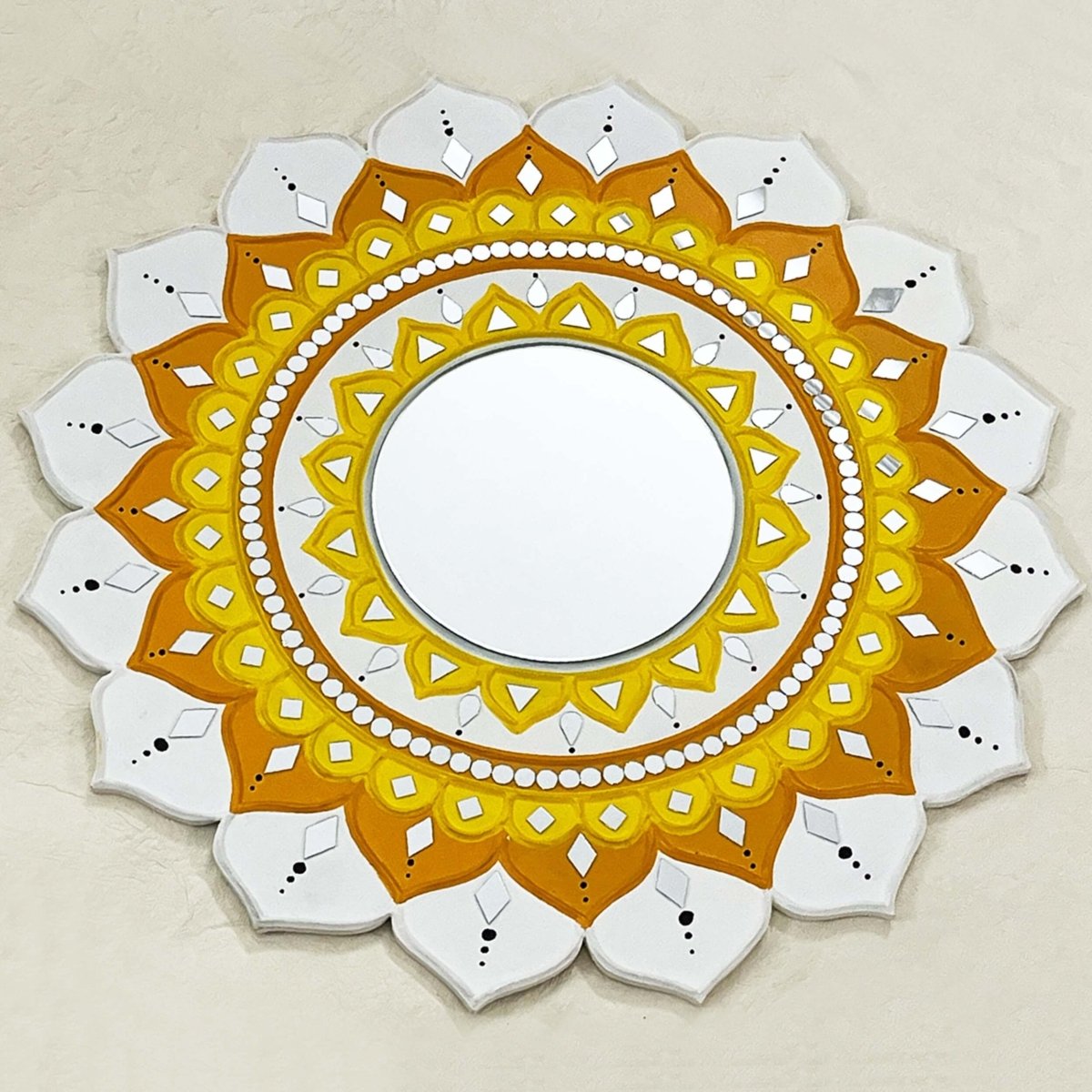Jaipal Singh Munda – The Proud ‘Jangli’
BOOKMARK
‘I am proud to be a jangli’ is not what you would expect someone to say to the most distinguished statesmen of the country, much less the Constituent Assembly of India. Yet this is exactly what Jaipal Singh Munda told the men and women elected to draft the Constitution of India.
These words were part of an inspirational speech made by Jaipal Singh, himself a part of the Constituent Assembly, during a debate on 19th December 1946. A member of the Munda tribe in what was then Bihar Province, he was advocating for the tribal population of India, also known as ‘janglis’ or ‘forest dwellers’.
Some of the most memorable lines from Jaipal Singh’s speech are:
‘Sir, I am proud to be a ‘jangli’, that is the name by which we are known in my part of the country… As a ‘jangli’, as an adibasi, I am not expected to understand the legal intricacies of the (Constituent Assembly) Resolution but my common sense tells me that every one of us should march in that road to freedom and fight together…
Sir, if there is any group of Indian people that has been shabbily treated, it is my people. (Yet) I take you all at your word that now we are going to start a new chapter, a new chapter of independent India, where there is equality of opportunity, where no one would be neglected…You cannot teach democracy to the tribal people; you have to learn democratic ways from them. They are the most democratic people on earth … ’
Jaipal Singh Munda was anything but a simple ‘forest dweller’; he was an exceptional man with an extraordinary career. Born a tribal in what is now Jharkhand, he was an Oxford graduate, he qualified as an ICS officer, he was captain of India’s hockey team that won gold in the 1928 Summer Olympics in Amsterdam, he was a teacher in Ghana, a minister in Bikaner, and a representative of India’s tribal population in the Constituent Assembly. It is he who first established the Adivasi Mahasabha in 1938 to fight for a tribal homeland called ‘Jharkhand’.
Jaipal Singh was born ‘Pramod Pahan’ on 3rd January 1903, in Takra village, in Ranchi district of Bihar Province. His parents were tribal farmers who had embraced Christianity. They enrolled Pramod in the local village school, where missionaries recognized this young prodigy.
In 1910, they enrolled him at the prestigious St Paul’s School in Ranchi, under the name ‘Jaipal Singh’. This would change the young boy’s destiny. The school’s Principal Canon Crosgrave took the boy under his wing, and when Crosgrave returned to England in 1918, Jaipal Singh accompanied him. Here, the lad enrolled at St John’s College, in the University of Oxford, in 1922.
At Oxford, Jaipal Singh excelled in academics as well as sports. He was an Oxford Blue (university team member) in hockey and even wrote columns in the London press. In 1926, he graduated with Honours in Economics. Jaipal Singh then took the ICS (Indian Civil Service) exam, where he was selected as a probationer that required two years’ training in Oxford.
However, by a twist of fate, he was also selected as captain of the Indian hockey team that would compete at the 1928 Amsterdam Summer Olympics. His team mates included the Nawab of Pataudi (senior) and the famous Dhyan Chand. The Indian team won one match after another but Jaipal Singh could not play in the finals as he had to return to London for his ICS final exam. His team went on to make history, winning an Olympic gold by beating Holland 3-0 in the finals.
But Jaipal Singh had to pay a heavy price. Despite scoring the highest marks in the ICS final exams, he was asked to repeat a year as it was claimed that he had broken his probation period at Oxford by participating in the Olympics. Angry and humiliated, Jaipal Singh refused and that ended his potential career in the ICS. He took up a job with Burmah Shell as a senior executive. In 1934, he moved to the town of Achimota in Ghana, where he worked as a teacher but returned to India three years later.
Much like Dalit leader Dr B R Ambedkar, it was only after returning to India that Jaipal Singh faced the harsh reality of his roots. In 1937, he took up a job as Principal of Rajkumar College in Raipur, an exclusive school for the children of royal families in Central and Eastern India.
However, there was outrage from the princes, who protested a ‘tribal’ being appointed to head the college and he was forced to resign within a year. Jaipal Singh then moved to Bikaner in 1938, where he served under its visionary Maharaja, Sir Ganga Singh, as Colonization and Revenue Minister, working on the Ganga Canal Project. But that too did not last long and finally he decided to return to his hometown of Ranchi.
Here, Jaipal Singh worked for the uplifting of the tribal people under the Chotanagpur Adivasi Mahasabha, which was demanding a separate state of ‘Jharkhand’, along with other demands relating to tribal rights.
In 1946, he was appointed to the Constituent Assembly, to represent the tribal population of the country. He was also a powerful orator, and in a debate on Reservations for Scheduled Tribes, he would prophetically remark:
“What my people require, Sir, is not adequate safeguards… they require protection from the ministers. That is the position today. We do not ask for any special protection. We want to be treated like every other Indian.”
Jaipal Singh Munda continued to work for India’s tribal people till his death in 1970, 30 years before a separate state of Jharkhand would become a reality. His dream of equality for India’s tribes still remains a work in progress.









